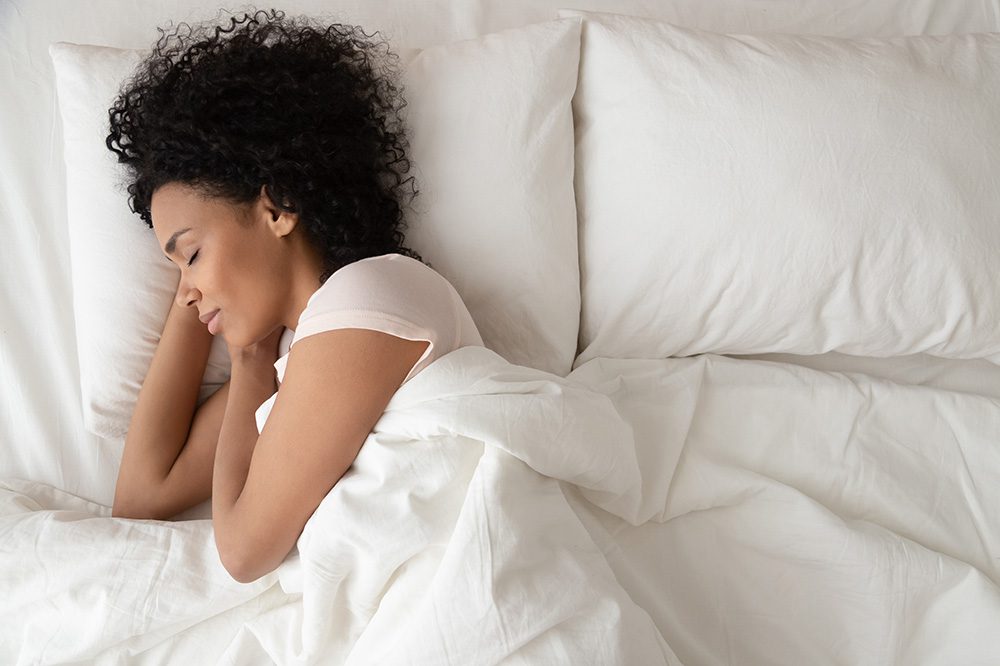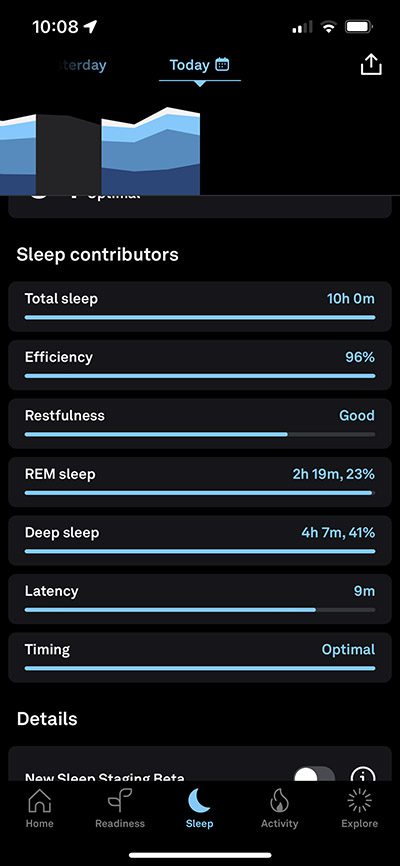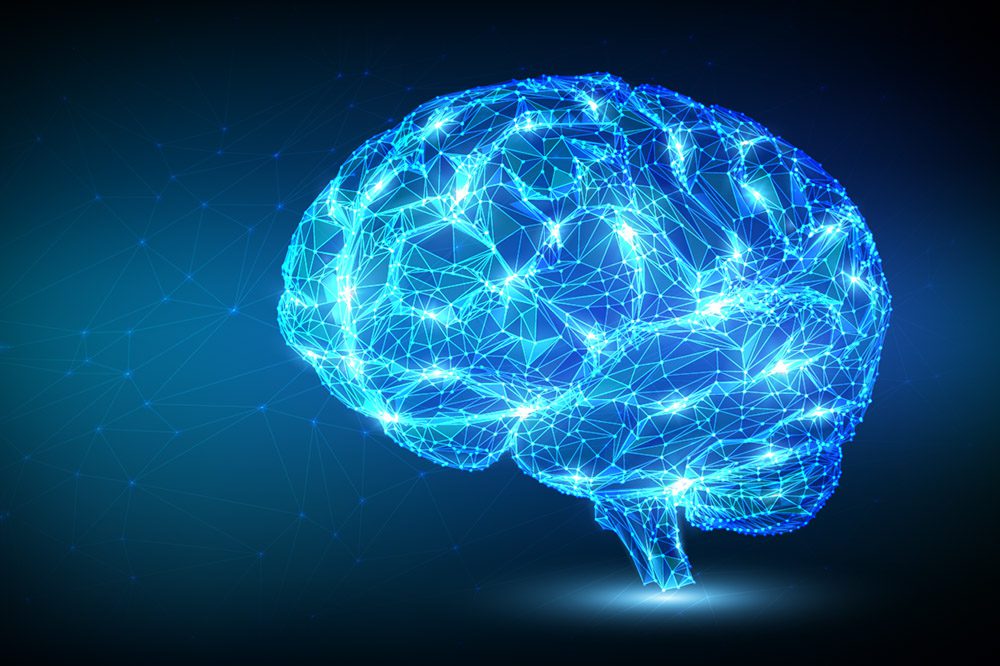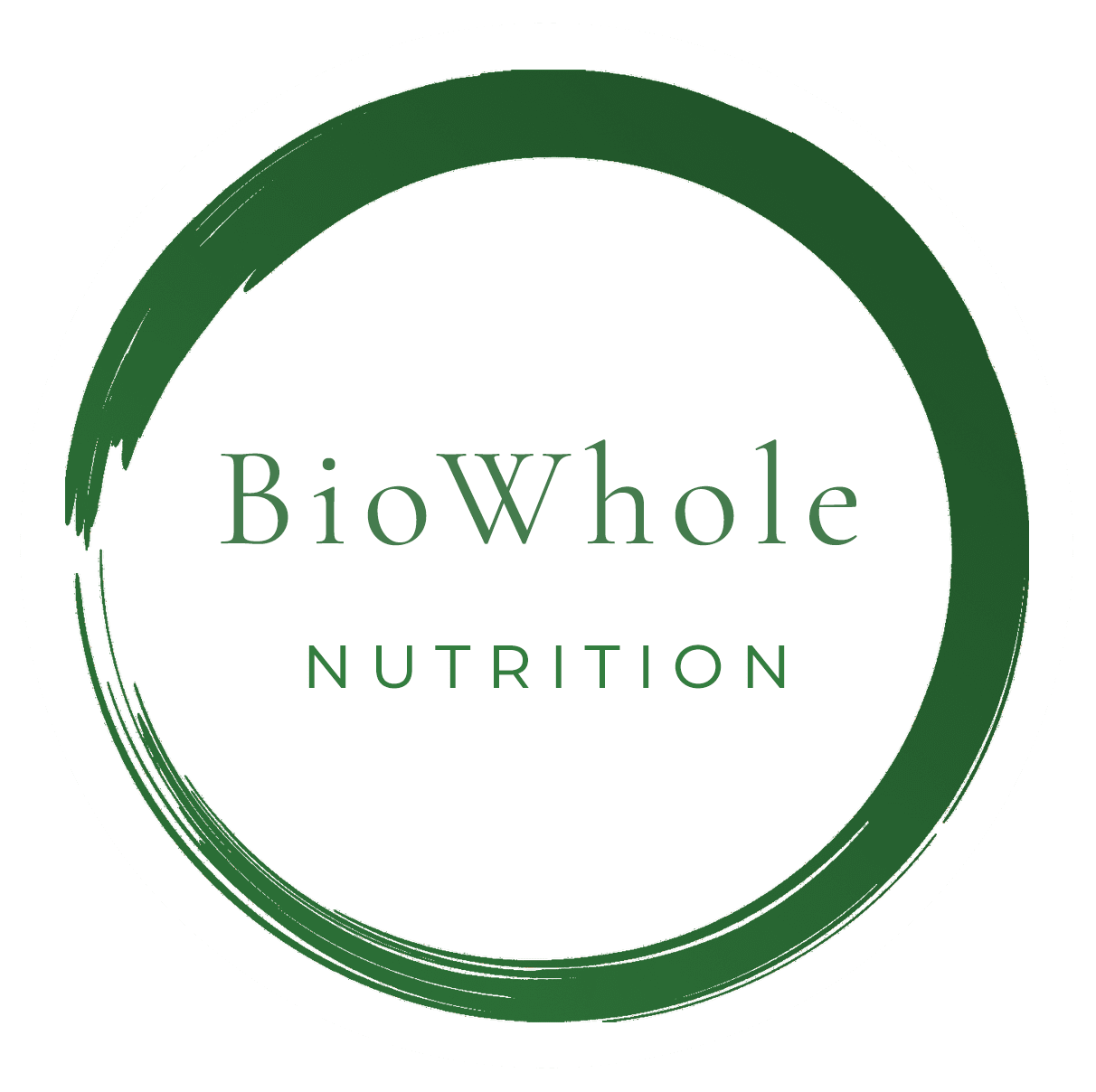
As Mathew Walker so beautifully said in his book, “Why we Sleep”, Sleep is Mother Nature’s best attempt at Immortality. If sleep has persisted throughout evolution, there may be more to sleep than we comprehend. In my opinion, it is the end all and be all of good physical, emotional and mental health. Research in the field of health and vitality has now honed in on sleep being one of the pillars of good health and will continue to evolve as we learn more about how our lifestyle influences health and certain hacks for sleep.
I for one love my sleep and love tracking my sleep with wearables. Recently I posted an image of my Oura ring in which I clocked in 4 hours of deep sleep, and I talked about the benefits of having good sleep hygiene. The Oura ring, which is a sleep tracking device has changed my life to where I prioritize sleep like never before. In a world where people boast about getting 5-6 hours of sleep, we must recognize that sleep deprivation comes in at a cost. The average adult should be clocking in around 7-9 hours of sleep for overall restorative health and if you are an athlete competing in endurance sports, then 9-10 hours is your sweet spot.

Sleep deprivation is implicated in almost all disease states but especially those that involve the brain. Altered states of sleep have been implicated in mental health conditions, Alzheimer’s, dementia, Parkinson’s, infections/inflammatory pathways, cardiometabolic health, hormonal and autoimmune disorders. There isn’t a single organ in the body that isn’t influenced by sleep deprivation. When sleep is optimized, digestion and gut function improve, liver detoxification works well, anxiety and depression decrease, and one can make logical and rational decisions. So, what is it about sleep that is so restorative? Is it the fact that the worldly noise stops, or could it even be the fact that the minute your head rests the pillow, your worries melt away into a beautiful orchestra of peaceful serenity?
Most of the benefits of sleep come because it enables our body the time it deserves to repair. Most current theories suggest that the main advantage of sleep is to support the demands of the Central Nervous System. Sleep, apart from assisting in recovery, maintains the plasticity of the nerve cells and neuronal networks, which ultimately nourishes the workings of the brain in terms of alertness, information processing and storage and behavioral control. In early life, sleep plays a vital role in brain development and motor control, and this is why babies need a lot more sleep than adults.
Sleep is determined by two widely researched factors. Our Circadian Rhythms, and the sleep pressure hormone known as Adenosine. Our Circadian rhythms, or as commonly referred to as our biological clock is a 24-hour, 15 minutes clock which is determined by our Suprachiasmatic Nucleus (SCN). This tiny organelle containing only 20,000 neurons, is the central controller of life’s biological and rhythmic symphonies. Our Circadian Rhythms are influenced by light coming through our eyes in the morning, along with other important factors such as temperature, exercise and nutrition. Every cell in our body works with a circadian rhythm and gene expression is controlled by our SCN as well. One of the defining features of the SCM is its interlinked network with other tissues in the body. Apart from the release of our sleep hormone Melatonin, the SCN also regulates the secretions of catecholamines e.g., adrenalin and noradrenalin from our adrenal cortex, via the hypothalamic-pituitary axis.
Adenosine, on the other hand is our sleep pressure hormone. The longer we are awake, the more adenosine is built up in our cells and stronger is our desire to sleep. As adenosine peaks throughout the day and into the evening, the urge to go to bed arises. Once you have had a good night’s sleep, adenosine again is at its lowest in the morning and thus this cycle continues. Caffeine is an adenosine receptor antagonist and will bind to adenosine levels in the brain and thus, keeping us awake. Caffeine should be avoided later in the day as it can disrupt sleep.

Probably one of the most vital functions of sleep is the cleaning out of proteins aggregates from the brain. Hard to believe but the Glymphatic System was only discovered twelve years ago in 2012. The Glymphatic System is a cleaning system in which the brain maintains homeostasis by circulating cerebrospinal fluid through the brain which gets rid of metabolic waste. Amongst this metabolic waste are proteins such as Amyloid Beta and tau tangles which have been implicated in Alzheimer’s and Parkinson’s patients. If there is one reason to prioritize sleep, it’s probably this as it is such a crucial part of anti-aging and reducing the risk for Neurodegenerative diseases.
One of my favorite key hacks for sleep is to keep the temperature of the room cool. Good sleep is very dependent on the lowering of core body temperature. Our innate circadian rhythms also help lower core body temperature as the day falls but external things such as a warm bath or sauna, coupled with a cold shower can great help in reducing core body temperature. Melatonin, our sleep hormone can further help enable the lowering of the core body temperature. Certain supplements such as glycine can also help lower core body temperature, thus inducing sleep.
Overall, good sleep hygiene is vital to a restful night’s sleep. Certain simple lifestyle hacks such as not eating too late in the evening, wearing blue light blockers, a warm bath, mediation and breathing play an important role in managing good sleep. Magnesium, in the form of a supplement, an Epsom salt bath, a bath oil or a lotion can greatly benefit sleep. With so many options to choose from, good sleep hygiene should be prioritized every night as it simply is one of the most important tools in maintaining good cognitive health. Whether you sleep just to rejuvenate your body or really indulge in this magical form of connecting the dots from the day’s work, sleep is vital to health and vitality. If “food is medicine”, then sleep should be the icing on that medicine. It really is the best part of life.
